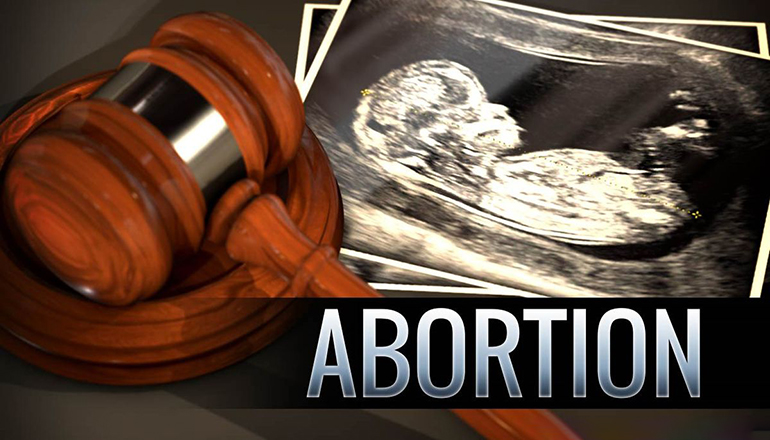A coalition of 22 states, led by Missouri and Attorney General, Eric Schmitt, filed an amicus brief in support of an Arkansas law that would prohibit abortions solely based on a prenatal Down Syndrome diagnosis.
Leslie Rutledge v. Little Rock Planning Services and can be found at this link.
“Those with Down Syndrome bring joy, happiness, and value to life and the lives of their loved ones and those around them. Their courage, determination, and bravery are something to be admired and celebrated. As the father of a son with special needs, I know first-hand the beauty and value that those with special needs bring to everything they do,” said Attorney General Schmitt. “A prenatal Down Syndrome diagnosis shouldn’t be a death sentence – that’s why I led a coalition of 21 other states in filing this amicus brief, and that’s why we’re fighting so fiercely to uphold a similar law in Missouri.”
The brief states, “People with Down Syndrome add unique joy, beauty, and diversity to our society. Yet the abortion of children with Down Syndrome approaches genocidal levels, threatening the Down Syndrome community with complete elimination. All States share Arkansas’ compelling interests in preventing the eradication of people with Down syndrome through the practice of eugenic abortion.”
The brief argues that Arkansas’ law advances at least eight compelling state interests:
- Protecting the entire class of persons with Down Syndrome from being targeted for elimination solely because of disability;
Eradicating historical animus and bias against persons with Down Syndrome; - Safeguarding the integrity of the medical profession by preventing doctors from abandoning their traditional role as healers to become the killers of disabled populations;
- Drawing a clear boundary against additional eugenic practices targeted at disabled persons and others;
- Countering the stigma that eugenic abortion currently imposes on persons with disabilities;
- Ensuring that the existing Down Syndrome community does not become starved of resources for research and care for individuals with Down Syndrome;
- Protecting against the devaluation of all human life inherent in any decision to target a person for elimination based on an immutable characteristic;
- Fostering the diversity of society and protecting society from the incalculable loss that would occur if people with Down Syndrome were eliminated.
The brief also makes the argument that Arkansas’ prohibition against Down Syndrome abortions is not per se invalid under Roe v. Wade and Planned Parenthood of Southeastern Pennsylvania v. Casey.
The brief recounts the disturbing history of mistreatment, neglect, and abuse of people with Down syndrome by medical professionals in the past, and argues that when screening or diagnostic tests report the possibility of Down Syndrome, the counseling process is heavily tilted towards abortion, stating, “The counseling received by parents at that vulnerable moment heavily favors abortion. One survey found that, among women receiving genetic counseling, ‘83% reported they did not receive balanced counseling regarding the quality of life for children with disabilities.’”
The brief begins and ends with the inspirational story of Chris Nikic, who, in 2020, became the first person with Down Syndrome to complete the Ironman triathlon. The brief recounts the final leg of Chris’s Ironman, “At mile 10 of the marathon, the final leg of Chris’s Ironman, he almost gave up due to weakness and extreme pain. ‘At that point, Nik Nikic clutched his son, drew him close, and whispered in his ear: ‘are you going to let your pain win, or let your dreams win?’ … ‘My dreams,’ he told his father, ‘are going to win.’”
In Missouri, the Attorney General’s Office has been fighting to reinstate a similar law. The case, Reproductive Health Services v. Parson, is on appeal in the Eighth Circuit Court of Appeals.
In addition to Missouri, state attorneys general from Alabama, Alaska, Arizona, Florida, Georgia, Idaho, Indiana, Kansas, Louisiana, Mississippi, Montana, Nebraska, North Dakota, Ohio, Oklahoma, South Carolina, South Dakota, Tennessee, Texas, Utah, and West Virginia also joined.







